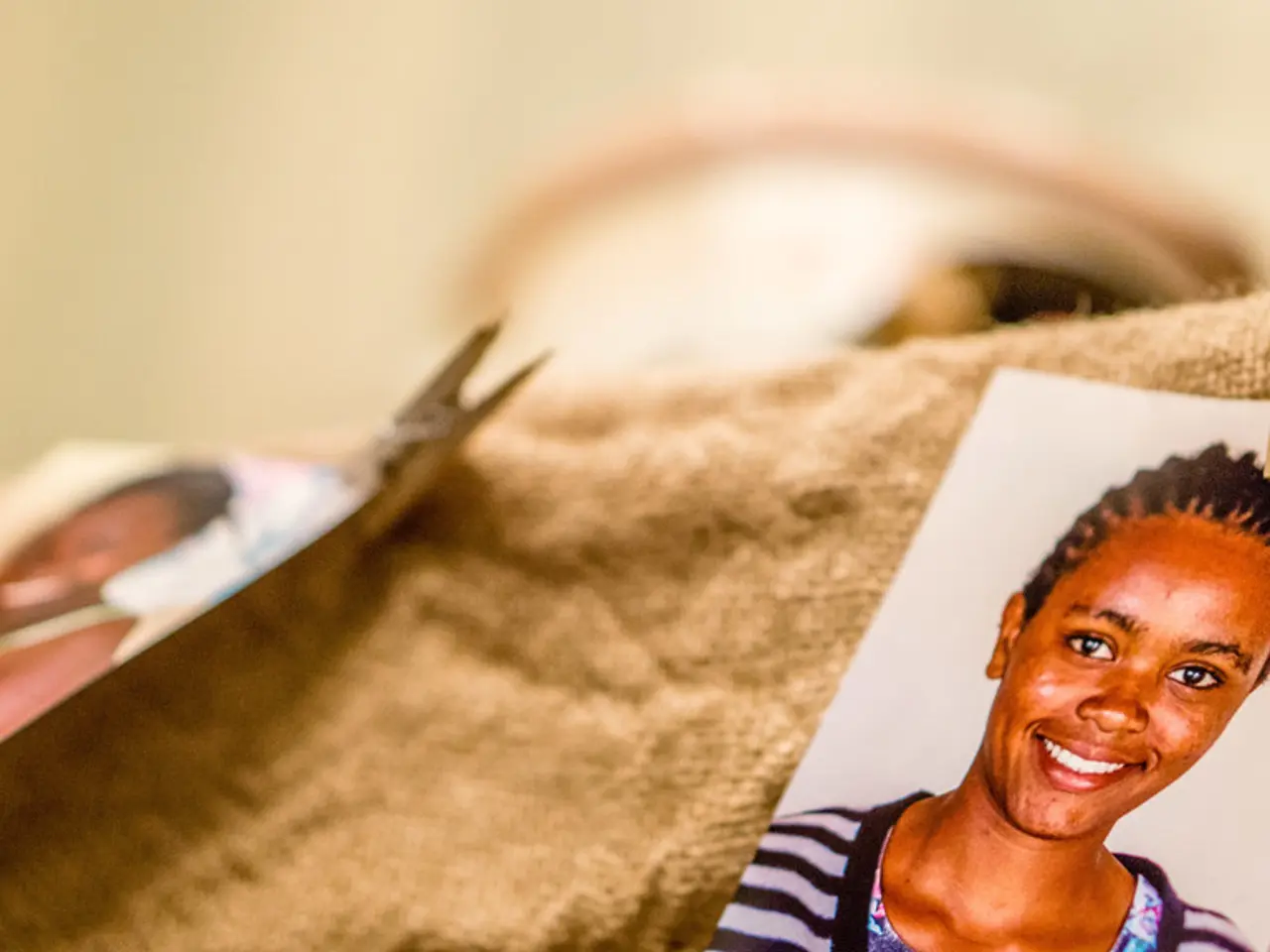Exemption granted for Kuwaitis from the $15,000 U.S. Visa Bond Program
The United States has announced a new pilot program that requires a financial guarantee from certain tourists and temporary workers seeking B-1/B-2 visitor visas. The program, which starts on August 20, 2025, is initially set to involve Malawi and Zambia.
The selection of these countries was based on factors such as high visa overstay rates, concerns about security screening, citizenship-by-investment loopholes, and foreign policy considerations. The financial guarantee required varies, with applicants needing to post bonds of $5,000, $10,000, or $15,000 before receiving a B-1/B-2 visitor visa.
The purpose of the program is to enhance compliance with U.S. immigration laws by providing a financial incentive for visa holders to depart the U.S. on time. The funds provided as a financial guarantee will be fully refunded to applicants who comply with their visa conditions and depart the U.S. on time.
It is important to note that this pilot program does not apply to Kuwaiti citizens for these specific types of visas. Kuwait is not on the current list of countries included in the pilot program. The U.S. State Department is responsible for introducing this new program, and they have reserved the right to add more countries to the pilot with at least 15 days' notice, depending on evolving risk assessments and foreign policy considerations.
The program is expected to involve around 2,000 applicants and will run for approximately one year to evaluate the effectiveness of this financial deterrent in reducing visa overstays. The list of countries involved in the pilot program is publicly available and updated periodically based on evolving data.
The information about the program was reported by Al-Rai daily. The funds provided as a financial guarantee act as a refundable bond, ensuring that visa holders leave the U.S. timely and contributing to the overall compliance with U.S. immigration laws. The program is a trial or test for potential future implementation.
[1] U.S. Embassy in Kuwait confirms Kuwaiti citizens not included in new pilot program for certain U.S. tourist and temporary work visas. (n.d.). Retrieved from https://www.al-rai.com/en/news/us-embassy-in-kuwait-confirms-kuwaiti-citizens-not-included-in-new-pilot-program-for-certain-us-tourist-and-temporary-work-visas
[2] New U.S. pilot program requires financial guarantee for certain tourist and temporary work visas. (n.d.). Retrieved from https://www.al-rai.com/en/news/new-us-pilot-program-requires-financial-guarantee-for-certain-tourist-and-temporary-work-visas
[3] U.S. pilot program for visa bonds: What you need to know. (n.d.). Retrieved from https://www.al-rai.com/en/news/us-pilot-program-for-visa-bonds-what-you-need-to-know
[4] U.S. pilot program for visa bonds: How it works and who it affects. (n.d.). Retrieved from https://www.al-rai.com/en/news/us-pilot-program-for-visa-bonds-how-it-works-and-who-it-affects
[5] U.S. pilot program for visa bonds: A step towards improving compliance with immigration laws. (n.d.). Retrieved from https://www.al-rai.com/en/news/us-pilot-program-for-visa-bonds-a-step-towards-improving-compliance-with-immigration-laws
The U.S. pilot program for visa bonds, first reported by Al-Rai daily, targets tourists and temporary workers seeking B-1/B-2 visitor visas, particularly applicants from Malawi and Zambia, as well as potentially additional countries in the future. The program's implementation follows concerns about visa overstay rates, security screening, citizenship-by-investment loopholes, and foreign policy implications within the broader context of global politics. The financial guarantee required varies, with applicants needing to post bonds ranging from $5,000 to $15,000 to receive a visa, aiming to incentivize visa holders to adhere to U.S. immigration laws.




